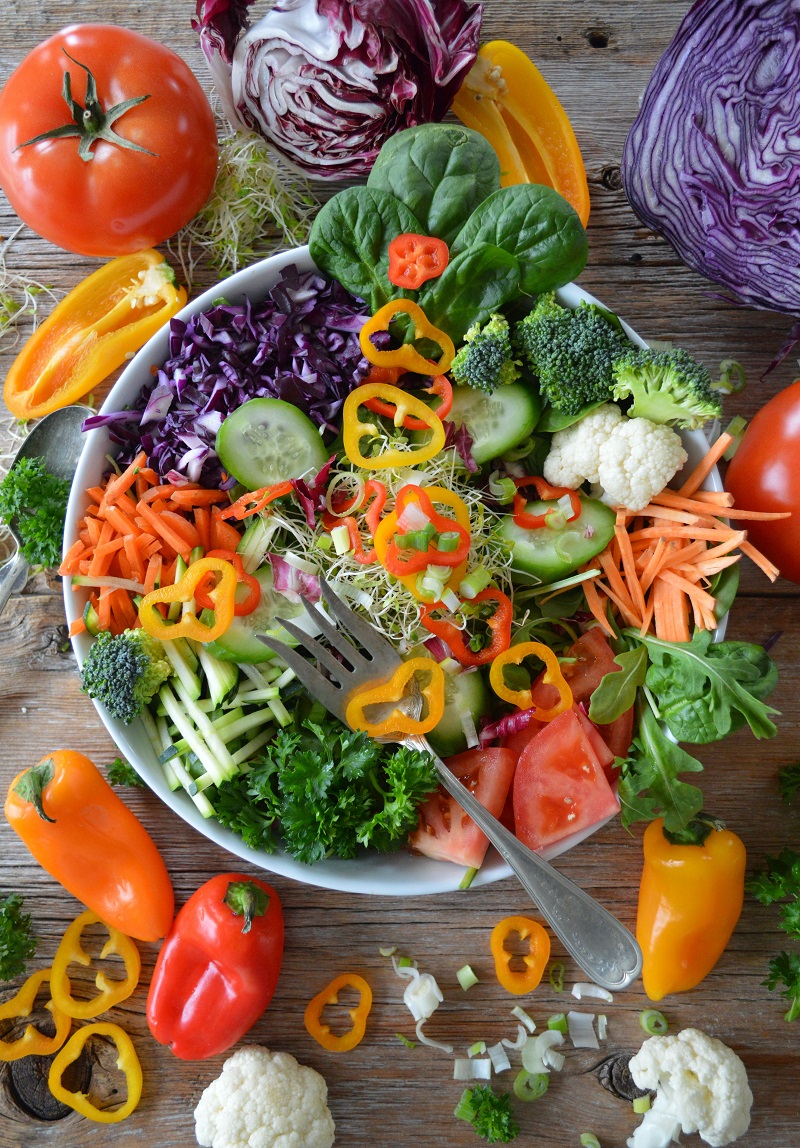Managing Blood Sugars: Diabetes
Do you or someone you know have pre-diabetes or diabetes?
Many of my clients who have pre-diabetes were told by their doctor that “your blood sugars are a little high”. But they are not told they have “pre-diabetes”. PLEASE advocate for yourself. Ask questions. Know what your blood sugars goals are.
Fasting Goal <100 mg/dL
HbA1c: <5.9%
If your blood sugars are “a little high” ask, what can I do about that? Do you have a Registered Dietitian you recommend? Where can I find more information?
Receiving a diagnosis of pre-diabetes or diabetes is not “good news”. BUT, there are plenty of simple habit changes you can implement to help you manage it! I hope by the end of reading this you will better understanding what you can do to manage your blood sugars well!
Myths about Diabetes
First, let’s dispel some myths about diabetes. This is really important. Most people have a sense of guilt when they are diagnosed, and this is not necessarily appropriate. There are many risk factors to developing diabetes and it is not necessarily your “fault”. In fact, genetics is one of the most important risk factors. Sometimes we can do everything “right” and we still get a chronic condition, like diabetes.
Here are 5 common myths about diabetes:
- Eating too much sugar causes Diabetes. This is simply NOT true. There are many risk factors and eating excess sugar is not one of them. Risk factors include: chronic stress, lack of sleep, chronic inflammation, low physical activity, high blood pressure, high cholesterol, PCOS, and family history, African American, Hispanic or Latino, Native American or Alaska native, are over the age of 45.
- If you are overweight or obese, you will develop diabetes. You do have a higher risk of developing diabetes if you have excess fat. But excess fat does NOT mean you will for sure get diabetes.
- People with diabetes should eat special “diabetic” foods. “Diabetic Foods” are often deserts made with artificial sweeteners or sugar alcohols to reduce sugar content. Do NOT only pay attention to sugar content on the label. Look at the “total carbohydrates” in a food. All carbohydrates are broken down into sugar and will affect the blood sugar. AND, most sugar substitutes wreak havoc on the digestive system and can cause inflammation making blood sugar control worse.
- If you have diabetes, you can’t eat certain foods like pasta or chocolate. I don’t know who started this myth, but it is completely wrong. All foods can fit even if you are working on stabilizing your blood sugars. You may need to reduce the amounts of certain foods, but I always encourage clients to make ways to fit in the foods they really love.
- If you have diabetes and you have to start on insulin, you have failed. The most important goal with prediabetes and diabetes is that you keep your blood sugars in target range. That range is usually set by your doctor or Certified Diabetes Care and Education Specialist. Everyone has slightly different targets, but in general, the ADA recommends keeping your blood sugars between 80 mg/dL and 130 mg/dL before meals and less than 180 mg/dL 2 hours after a meal.
Now to answer the question we have all been waiting for!
How can you keep your blood sugars stable?
There are 3 key steps:
- Keep Carbohydrate intake consistent. Of course, everyone has different carbohydrate needs, and if you need help figuring this out, let me know! In general, 30-60 grams per meal and 0-15 grams per snack is appropriate. I still encourage listening to your body and eating when you are hungry and stopping when you are full. It is reasonable to use these carbohydrate guidelines even while using Intuitive eating.
- Always include a good source of protein, fat, and fiber with your meals and snacks. This means don’t eat a piece of fruit all by itself. Add peanut butter or cheese. You can check out this article for more snack ideas.
- Eat non-starchy vegetables BEFORE you eat the rest of your meal or snack. This will fulfill your fiber goal in key #2, but as always, the more fiber you can include the better it will be for your blood sugars.
Always remember to do the best you can with these 3 goals. Remember, there is no such thing as a perfect diet, so we continue to learn about what foods do to our blood sugars and we do the best we can to get to our goals. If you need more support and further guidance, please check out the “work with Jenn” page on my website for program options. I hope this article has encouraged and empowered you to make some healthy changes!





My brother recommended I might like this web site. He was totally right. This post actually made my day. You cann’t imagine just how much time I had spent for this information! Thanks!